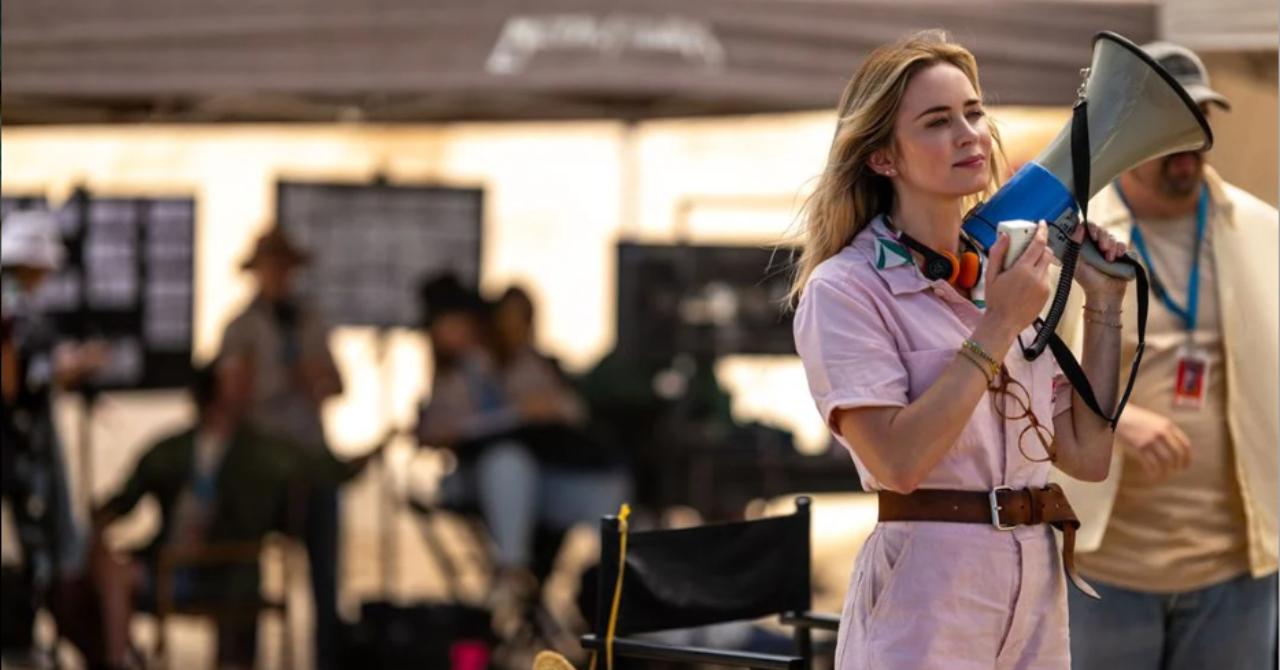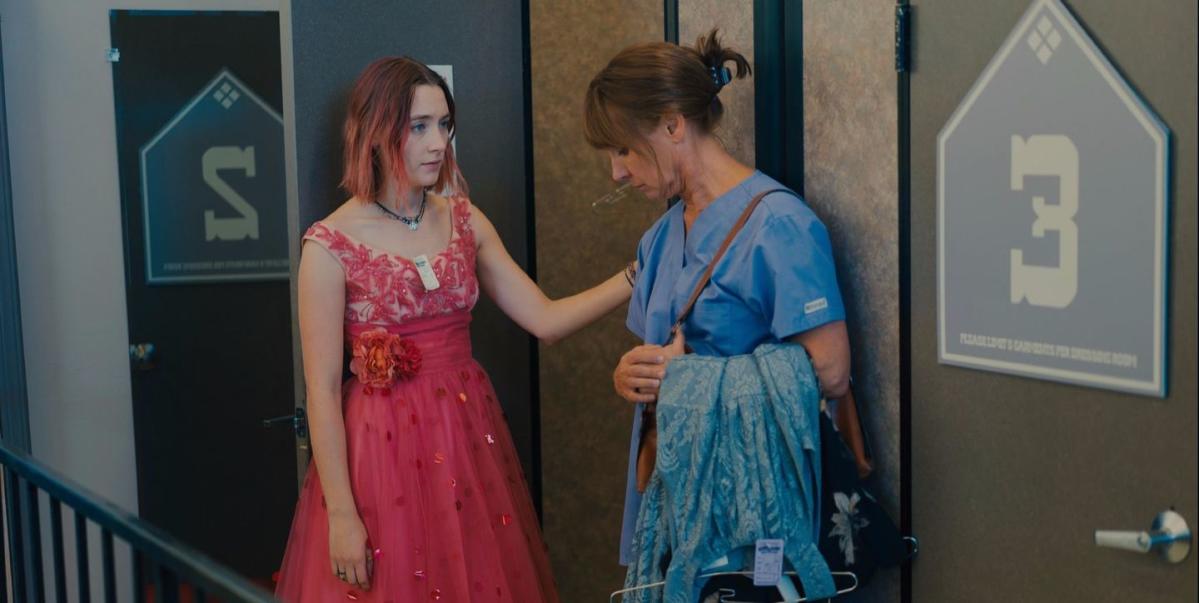“May December”: Two women for a troubled and messy film

Todd Haynes and his screenwriter Sammy Burch have created two complex female characters. and chose two notable actresses to play their roles, Julianne Moore and Natalie Portman. In the story, one of them is an actress and the other will play a role, so the director also introduces cinema in the story. And he knows what he’s talking about!
By Bernard Cassett
Like many homosexuals, Todd Haynes has an attentive, caring and often awe-inspiring view of women, but without concessions.. It is again in the story of female relationships in which he takes us May December. No, not like a great love story Carol Or Far from heaven, but in a very strange relation to possession. With the metaphor of cinema as a backdrop, an actor takes on a character that exists in reality to bring it to life on screen.

Elizabeth (Natalie Portman) and Grace (Julianne Moore). Photo May December Productions
Elizabeth (Natalie Portman) visits Grace Atherton-Yew (Julianne Moore) at her home in Savannah. She will actually play Gracie in a film that retraces the scandal she experienced more than 20 years ago, her romantic relationship with a 13-year-old student. Pregnant by him, she gives birth in prison, as such a relationship falls under the law. In fact, she is still married to this young man and they have other children.
Notebook in hand, Elizabeth walks through Grace’s house and meets several protagonists of the affair. This approach seems reasonable at first, but soon, the relationship between the two women goes beyond scrutiny. It becomes a rather complicated mirror game where everyone plays a fuzzy score.

Apply makeup in front of the mirror. Photo May December Productions
There are mirrors everywhere in the film. When Grace explains her makeup to Elizabeth, the camera mirrors itself to justify the image. But the most complicated device captures two women wearing Gracie’s daughter’s clothes for an end of school function. One-way mirrors in the set allow Hans to mix everything while hiding the camera. And the two women, sitting next to each other, seem very close. Later, Elizabeth turns to the camera to tell Joe a love letter from Grace, which she stole from him. The mirror is then crossed, she becomes Grace, her eyes meet the film’s audience. She had already worked on this metamorphosis, specifically at the animal reserve, the site of the first meeting between Grace, 36, and Joe, then 13. Sitting on the steps, in front of the back door, he mimics the excesses of arousal in a theatrical and stereotypical pose.

Mysterious Elizabeth. Photo May December Productions
The character of Grace, an old woman who is not spared by costume and makeup, is an immature and impressionable little girl. Against Joe, her young husband who plays (we’ll never know…) loves and nurtures her with finger and eye, this strange and different couple (the expression “May December” (refers to a couple with a large age difference) seems quite artificial and locked into a fixed life. He would not resist Elizabeth’s intrusion. It must be said that she goes a long way in appropriating this couple, for each of the characters, becoming a kind of revelation revealing their deeper problems.
Everything is very American, the house, the barbecue scenes at the beginning, the language and attitude gags, the young women jumping with excitement on the day of the awards ceremony. But separates himself from it mainstream Hollywood through the complexity of Grace’s character and the brutality of Elizabeth’s intrusion. A box of excrement found on the doorstep immediately sets the tone of the story.

With Joe (Charles Melton). Photo May December Productions
Carried by two extraordinary actresses, the characters are touching and haunting, drawing us into the story and sometimes pushing us back. Fortunately the view avoids psychology, focusing only on manifestations and not causes. Natalie Portman as Julianne Moore makes accessible the complexity of this almost vampiric monopolization.
To dramatize this story, Todd Haynes chose to reuse Michel Legrand’s music go between, film by Joseph Losey. A reference that describes the past “A foreign country where things are done differently”. Is cinema also a place where things will always be different, no matter how similar? In any case, Todd Haynes inhabits it magnificently and is deeply moving.

More information elsewhere on Magcentre: Ulaanbaatar teenager’s fight for life





